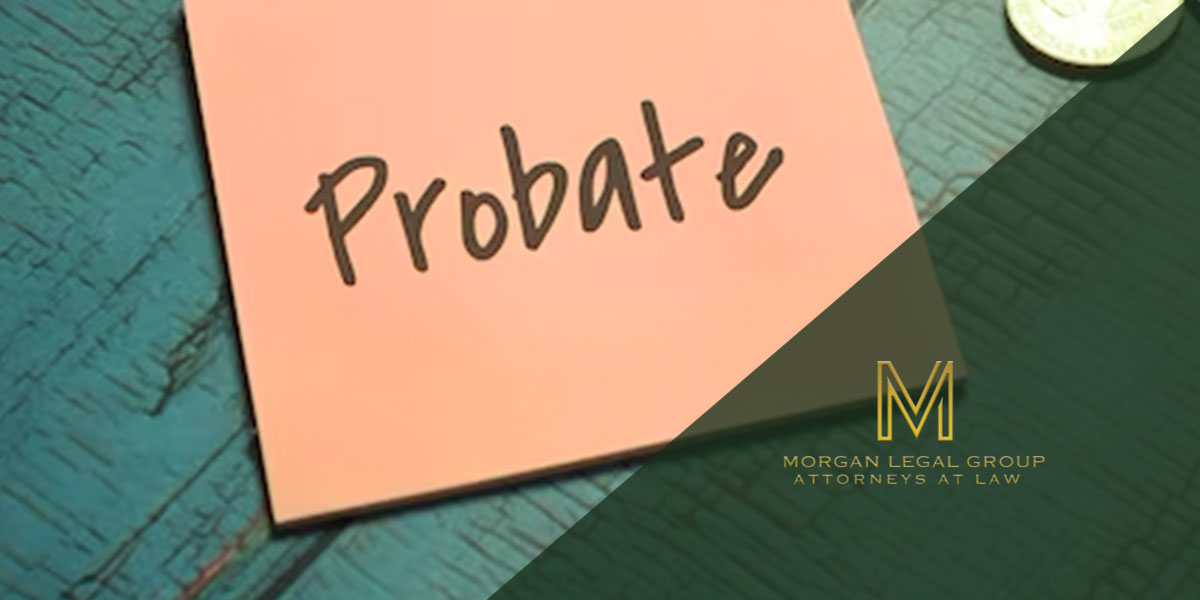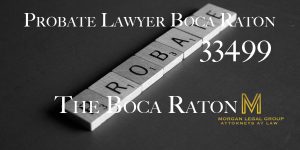All About Probate in Miami
Welcome to Morgan Legal Group in Miami, your trusted source for legal insights. This comprehensive guide will delve into the intricate world of probate in Miami, Florida. Whether you’re planning your estate or dealing with the probate process for a loved one’s estate, understanding probate is crucial. Our experienced attorneys are here to provide you with a detailed overview of probate, its processes, and how it applies in the vibrant city of Miami.
What is Probate?
Probate is a legal process that occurs after an individual died to administer their estate. It involves the distribution of assets, payment of debts, and resolution of any remaining financial and legal matters. The primary objectives of probate include:
- Ensuring that the deceased person’s debts and taxes are paid.
- Validating the authenticity of the will (if one exists).
- Distributing the remaining assets to the rightful beneficiaries or heirs.
Probate serves as a crucial mechanism for settling an individual’s affairs after they pass away. However, the process can be complex and varies from state to state, and even within different jurisdictions within a state.
Understanding Probate in Miami, Florida
Miami, known for its diverse culture and vibrant lifestyle, has its unique characteristics when it comes to probate. Let’s explore some key aspects of probate in Miami, Florida:
1. Formal vs. Summary Administration
Florida law provides for two primary types of probate administration:
| Type of Administration | Description |
|---|---|
| Formal Administration | This is the traditional probate process used for estates that exceed a certain value or for cases where a will specifies formal administration. It involves court supervision and can be more time-consuming and costly. |
| Summary Administration | This streamlined process is available for estates with a total value of less than $75,000 or for cases where the deceased person has been deceased for over two years. It is generally quicker and less expensive than formal administration. |
Choosing the appropriate administration type depends on the estate’s specific circumstances.
2. Homestead Property
Miami’s real estate landscape often includes homestead property, which can have unique implications in probate. Florida’s homestead laws are designed to protect a person’s primary residence from certain creditors and ensure that it passes to the surviving spouse or heirs. Understanding how these laws affect probate is essential for proper estate planning in Miami.
3. International Connections
Miami’s international appeal means that many residents have ties to foreign countries. This can add complexity to probate proceedings, especially if assets or beneficiaries are located overseas. Proper legal guidance is crucial for navigating international aspects of probate.
The Probate Process in Miami
Probate typically follows a series of steps in Miami, Florida:
1. Filing a Petition
The process begins with the filing of a probate petition with the appropriate Florida court. This usually takes place in the county where the deceased person resided at the time of their death.
2. Validating the Will
If there is a will, the court will determine its validity. It’s essential to have a well-drafted and legally sound will to avoid complications during this stage.
3. Appointing a Personal Representative
The court will appoint a personal representative (executor) to manage the estate’s affairs. This individual is responsible for gathering assets, paying debts, and distributing assets to beneficiaries.
4. Notifying Creditors and Resolving Debts
Creditors must be notified, and the personal representative will work to settle the deceased person’s debts. This can involve selling assets to cover liabilities.








